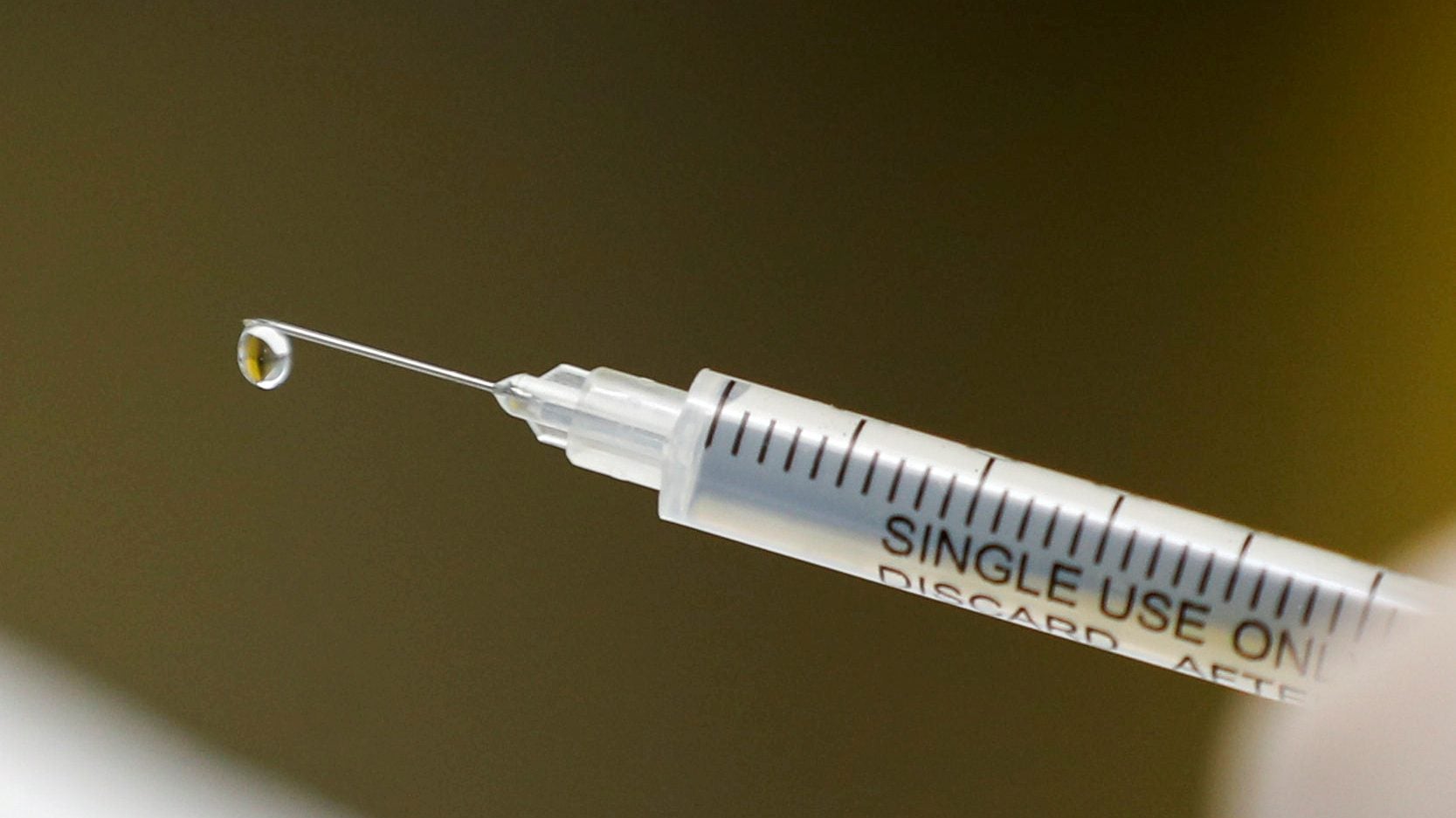The nations opting out of a plan to ensure global access to Covid-19 vaccines
The first hurdle to getting the world inoculated against Covid-19 is to develop a vaccine. The second is to get that vaccine to everyone.


The first hurdle to getting the world inoculated against Covid-19 is to develop a vaccine. The second is to get that vaccine to everyone.
On Sept. 21, Gavi, the Vaccine Alliance, announced progress on its Covid-19 Vaccines Global Access Facility, or Covax. This is essentially a fund to ensure equitable distribution of Covid-19 vaccines across the globe, once they’re available. As of now, 64 countries have contributed some $700 million, and 34 are expected to commit in the coming weeks.
Noticeably absent are the US, China, and Russia—all home to companies with Covid-19 vaccines in development.
The US, which has pre-ordered roughly 1.6 billion Covid-19 vaccines, said earlier this month that it wouldn’t be participating, so as to avoid working with the World Health Organization (WHO), which co-leads the Covax initiative. US president Donald Trump withdrew funding from the WHO in April of this year. China also has vaccines in late-stage clinical trials, some of which it is allowing state employees to access, but the country has remained quiet about participating in Covax. The Russian Federation allegedly has a vaccine already off the ground, although it has yet to publish data about its safety and efficacy. There’s no word on whether it will also be working to make that vaccine available through Covax.
If wealthy countries hoard Covid-19 vaccines by preemptively buying doses, poor countries will inevitably be last in line to get them. That could lead to more deaths overall, according to research cited in a recent report from the Bill and Melinda Gates Foundation. The work, which was produced by a team at Northeastern University, modeled what would have happened if there were an effective Covid-19 vaccine available in March. If rich counties hoarded it, only about 300,000 lives would have been saved by this point; if everyone had equitable access, that numbers goes up to 600,000. “This is not charity,” WHO director general Tedros Adhanom Ghebreyesus said in a press conference on Sept. 21. “It’s in every country’s best interest. We sink or swim together.”
Covax remains far from its overall goal, which is raising $2 billion by the end of 2020 to distribute two vaccines across the globe by the end of 2021. In June, it had a pledge of $600,000; now it has a mere $700,000. The initiative stands to benefit 92 low-income countries. Combined with the countries providing funding, roughly 64% of the global population is participating in Covax in some way.